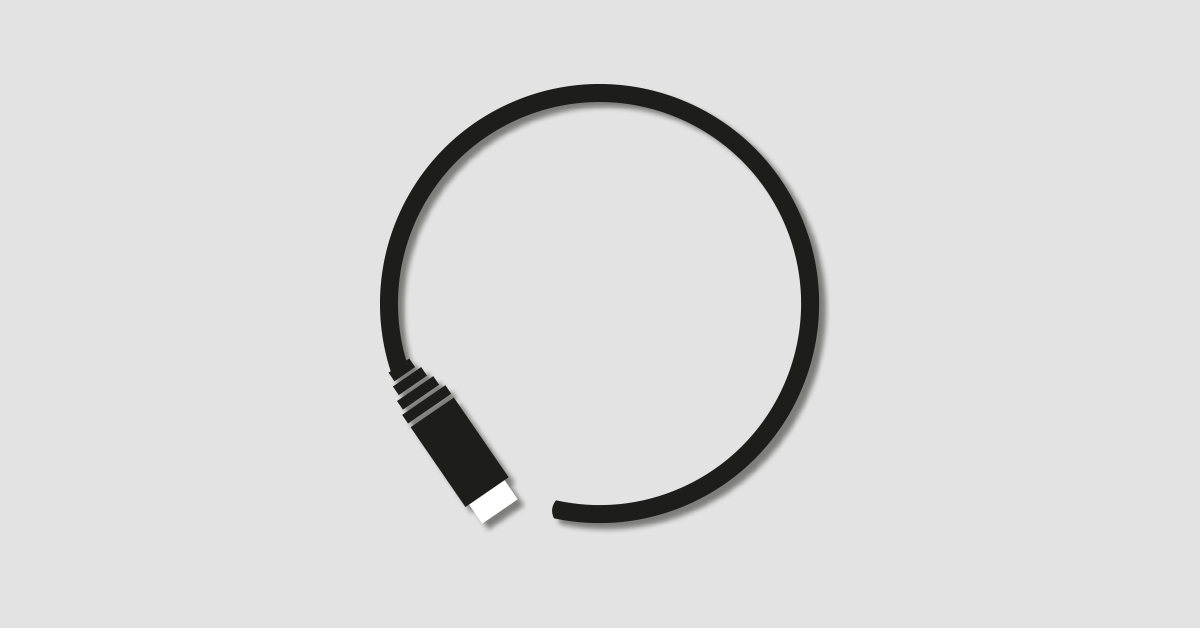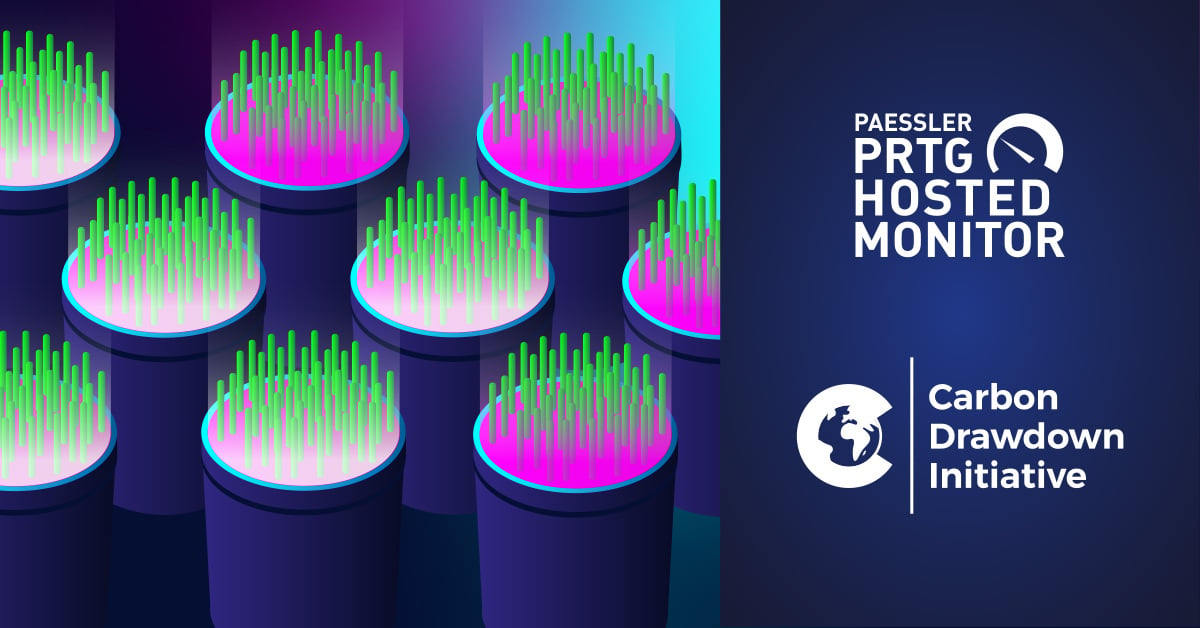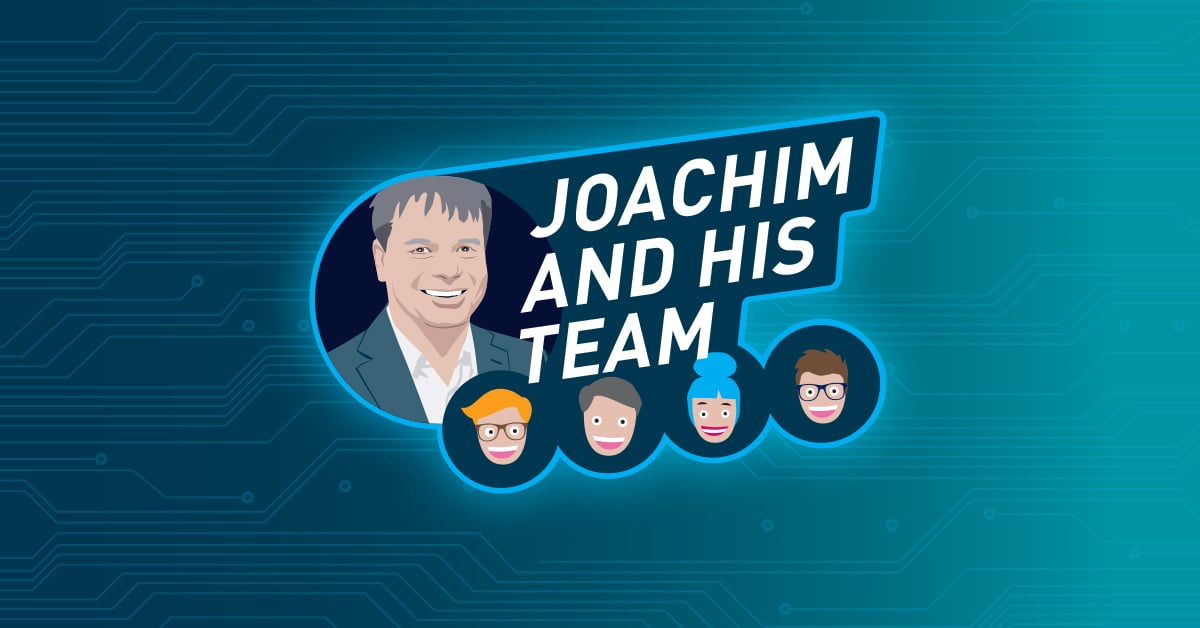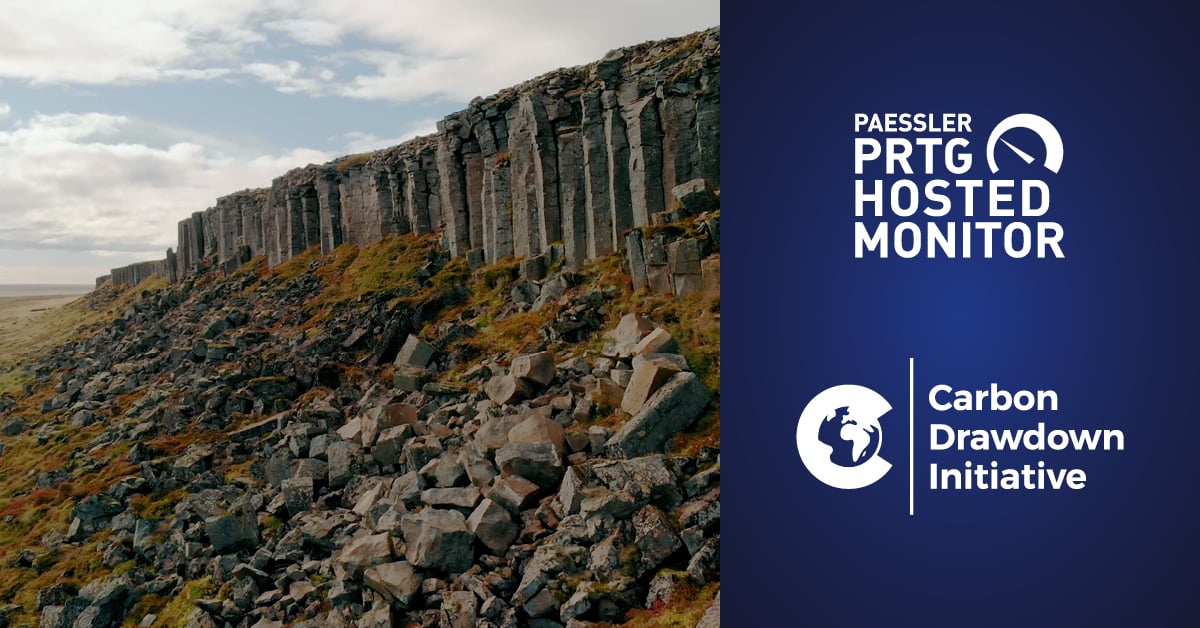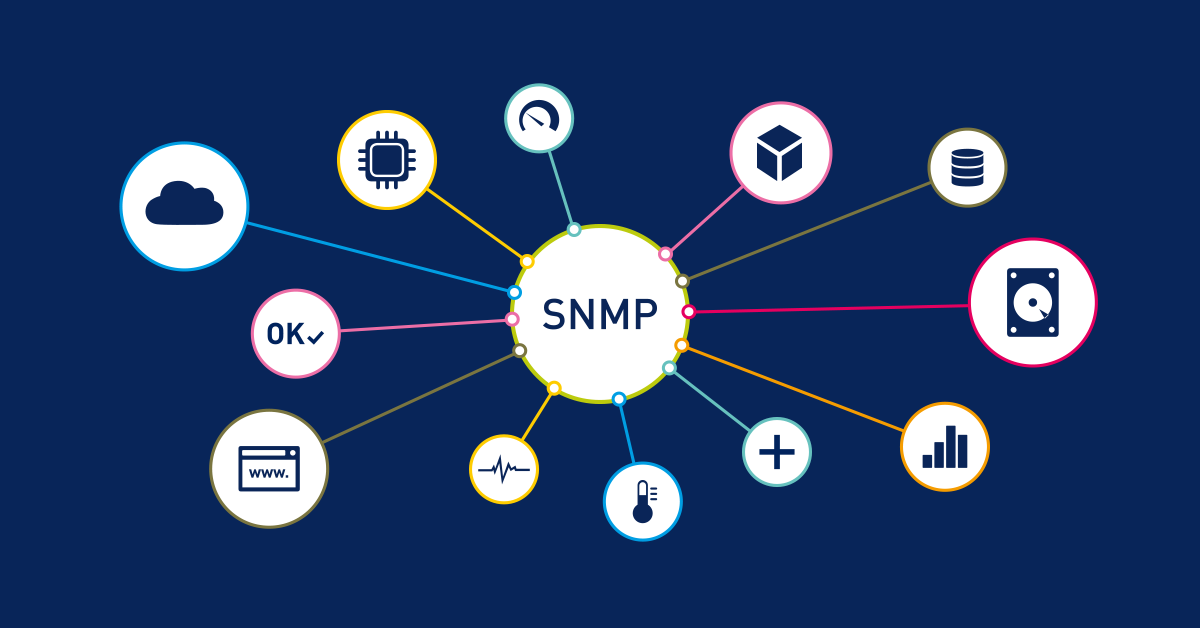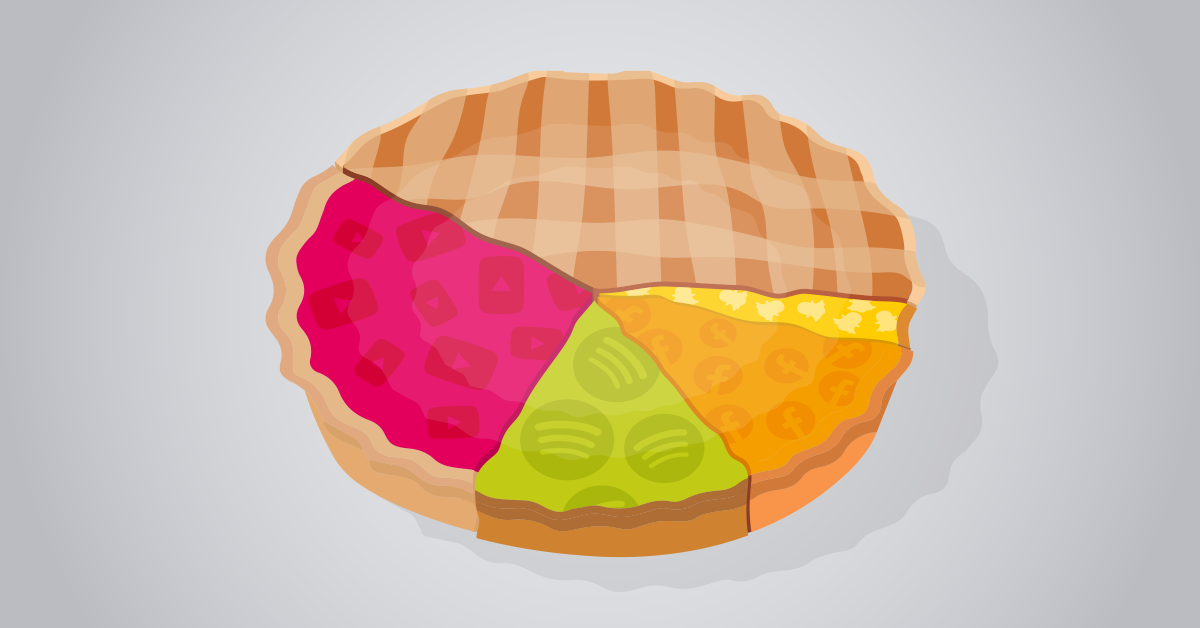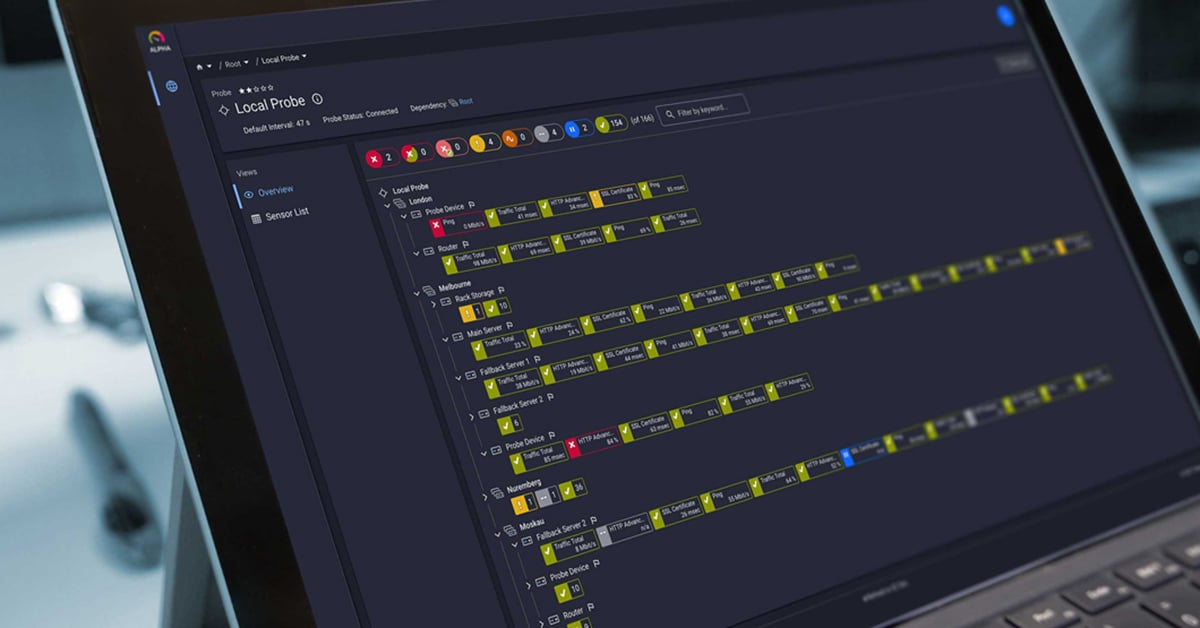To begin with, I am somewhat suspicious of the term minimalism and its exorbitant spread, fired by blogs and YouTube. I don't care how few underpants you can survive with and when I hear Marie Kondo speak, it awakens in me a potential for aggression that I didn't know I had. After saying that, the idea of minimalism has crept into my life in recent years and without me calling it minimalism, it has also changed my digital life. After I realized that, I became a little more involved with the concept of digital minimalism and developed 5 thoughts that I would like to present.
1. Know the Platforms You Are Registered On
Guess how many platforms you're on. How many notifications or emails do you receive daily or at least weekly that you almost unconsciously delete? How many apps from these platforms do you have on your phone even though you use them less than once a year? I believe that the unique selling point of (digital) minimalism is that reassuring clarity that comes with finally putting your (digital) life in order. I don't like to get an advertising email from a platform that I registered on years ago but never really made use of. One of the main ideas of minimalism is to remove things from one's life that didn't provide any real value over a certain period of time.
So on a lazy Sunday, I went about deleting my account on every single platform where I hadn't been active in any way in the last 12 months. If you have a less pronounced obsessive-compulsive disorder than I do, you can simply unsubscribe yourself. I'd recommend the deleting; it's fun.
2. Reduce Your Technical Equipment
Many large companies are reintroducing working with flexible workstations in their offices, using only laptop and a maximum of one screen. Some people here at Paessler, who are cooler and more innovative than me, have also been doing this for a while, like Sascha, my esteemed colleague from the writing team. I've thought about it and somehow this concept makes sense. Outlook, Teams (or other internal chats), Facebook tabs, etc. are pure distractions, and if you only have one screen for the main work and a second one (your laptop) as a workaround (Spotify display), that's enough. Most of the time.
This approach could change the way you work. Some people who work with just one screen check and reply to their e-mails only two or three times a day. The rest of the time they spend doing stuff more focused. In the end, this could also make you your admins' and/or CEO's darling, because less technical equipment means less problems, less acquisition costs, more flexibility. Sounds like a good deal. Some concepts even go so far as to abolish one fixed workplace per employee and instead offer areas for different purposes. Microsoft for instance has established the Workspace areas Think, Accomplish, "Share & Discuss" and Converse in its HQ in Munich. Go figure.
3. Maintain a Logical Folder Structure
This is aimed at all those people who place important things (the term is stretchy) in different places, i.e. on laptops, external hard drives, the cloud, etc. and often get confused by it. That this confuses you is a good sign, after all. A kind of reversed Turing test, it shows that you are a human, and humans need clear, memorable patterns to remember something.
Maintaining a logical folder structure seems like a good idea. You could label certain areas of your life with clear titles, create a folder for each title, add a clear substructure and then establish exactly the same overall structure on all (literally all) of your devices. Sound exhausting? It is. Alternatively, you could pick a cloud service of your choice, play the same game there and simply synchronize all your devices with the cloud. I did the latter and still found it tiring, especially during the first few weeks when I had to force myself to file all new documents, data and other things according to my own structure. I have read of many different ways of naming and filing stuff. One blogger suggested naming one's folder structure simply "Work", "Family", "Fun". Which makes sense if you don't like your family.
4. Control the Media You Consume
In modern times it's kind of a displacement activity: clicking on any blog or news site, although you could do better. That alone wouldn't be all that bad, but most news sites earn their money by scaring us. So since I've been doing these digital displacement actions - I'm guessing for more than ten years now - I count on the announced demise of the world every day and I'm somehow disappointed that it takes so long for it to happen. None of this is good.
Instead of following countless blogs and news pages, you can either follow a very small number (whose editorial work you trust) or none at all. Not remaining up to date 24/7 is not a life threatening condition. What's the worst thing that could happen? And if you still don't want to do without the most important news of the day, you could simply find out if your fellow humans will tell you about them without being asked. Spoiler alert: They will.
5. Understand That Digital Minimalism Exists in Different Forms
Okay, I fell asleep for a second. Reading endless theories about minimalism will do that to you. The most exhausting sub-theories are those that are devoted exclusively to one's own inner self, to the so-called digital Zen, and lack a reflective, critical approach to media and technology. Digital Minimalism exists in many different directions, and the one you find exciting should be the direction you follow. In my case, it is primarily a media-critical, behaviorally reflective view of our digital age. For you, it could be completely different.
The only important thing to understand is that there is no gold standard in this matter. Some digital minimalists think that digital ownership should be avoided and that all films, music and other content should always be streamed. Other minimalists criticize this dependency and advocate digital ownership. Some argue for having a few folders in which a lot of files are stored. Others call for a distinctive, sophisticated folder structure with less content. These are just two of many examples.
What do you have in mind about this complex subject? And did I mention that despite all of this digital minimalism, a subscription of our newsletter is highly recommended? I'm some guy on the Internet, so what I'm telling you must be true.
 Published by
Published by 